The publication ‘Policy Shift’ identifies ten key policy changes that are required to support just alternative agriculture investments. The approach integrates human rights into the core of decision-making and is informed by practical, on-the-ground examples of positive agricultural investments that benefit both small-scale farmers and communities.
Policy Shift (pdf)
‘Business as usual is not an option.’ This was the conclusion reached by over four hundred of the world’s leading experts following a three year global consultative process on the past, present, and future agriculture. Reflecting on the current state of the art, the International Assessment of Agricultural Knowledge, Science and Technology for Development (IAASTD) – as the inter- governmental, multi-stakeholder scientific body is known – argues that a paradigm shift in favour of agro-ecological, multi-functional, and resilient agriculture is urgently needed to deal with the food and climate crises.
Yet this recommendation to invest in agricultural alternatives has remained largely unheeded. It no doubt represents an ‘inconvenient truth for the agricultural establishment’ who have sought to eclipse this message through counter-narratives which present capital intensive, large-scale, export- oriented, mono-cropping agriculture as the most productive and therefore most rational way to feed the world. This explains why solutions from agribusiness to the global food crisis have centred on the expansion of large-scale land deals, contract farming, and other forms of value chain and corporate controlled agriculture.
This policy brief takes seriously the call for a paradigm shift in favour of investment in agricultural alternatives by identifying a set of ten key policy changes that are required to support and promote these positive alternative investments. The approach adopted is both a normative one informed by prevailing human rights norms and an empirical one informed by practical, on- the-ground examples of positive agricultural investments. In order to set the framework for such an analysis, four premises or starting points are outlined at the beginning. The brief ends with a discussion as to how these recommendations can feed into existing policy initiatives and regulatory tendencies around agricultural investment, most notably the ongoing discussion on responsible agricultural investment (rai) at the Committee on World Food Security.
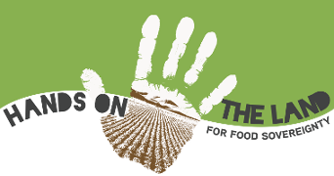
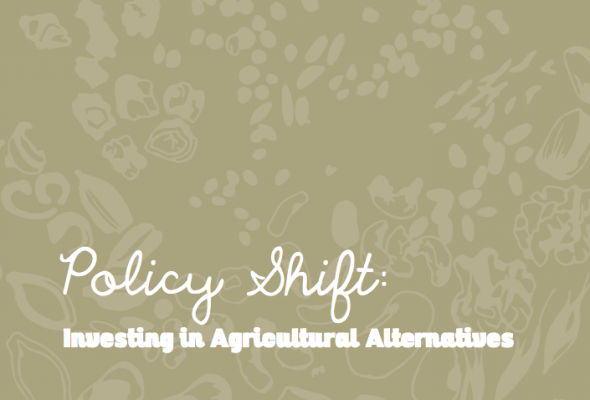
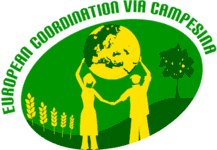
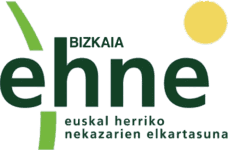

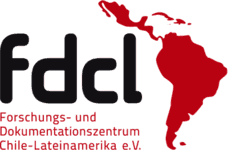


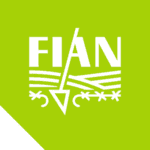



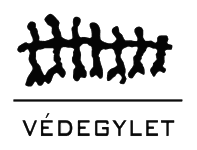
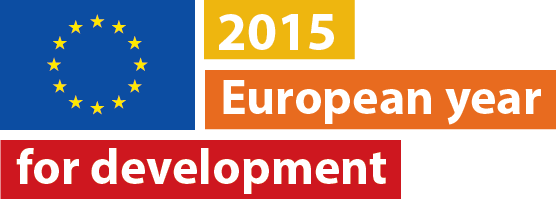
 This campaign is financially supported by the European Commission. The views expressed herein are not of the EC.
This campaign is financially supported by the European Commission. The views expressed herein are not of the EC.